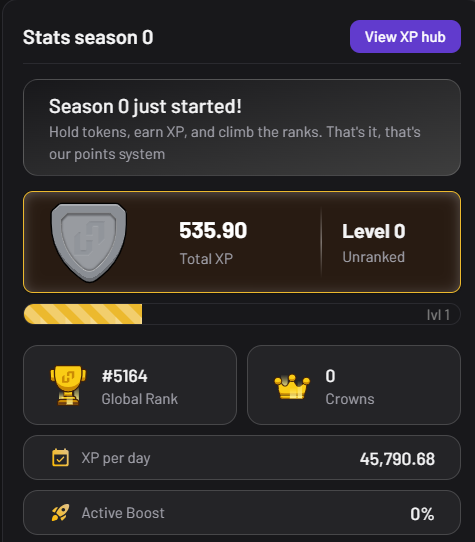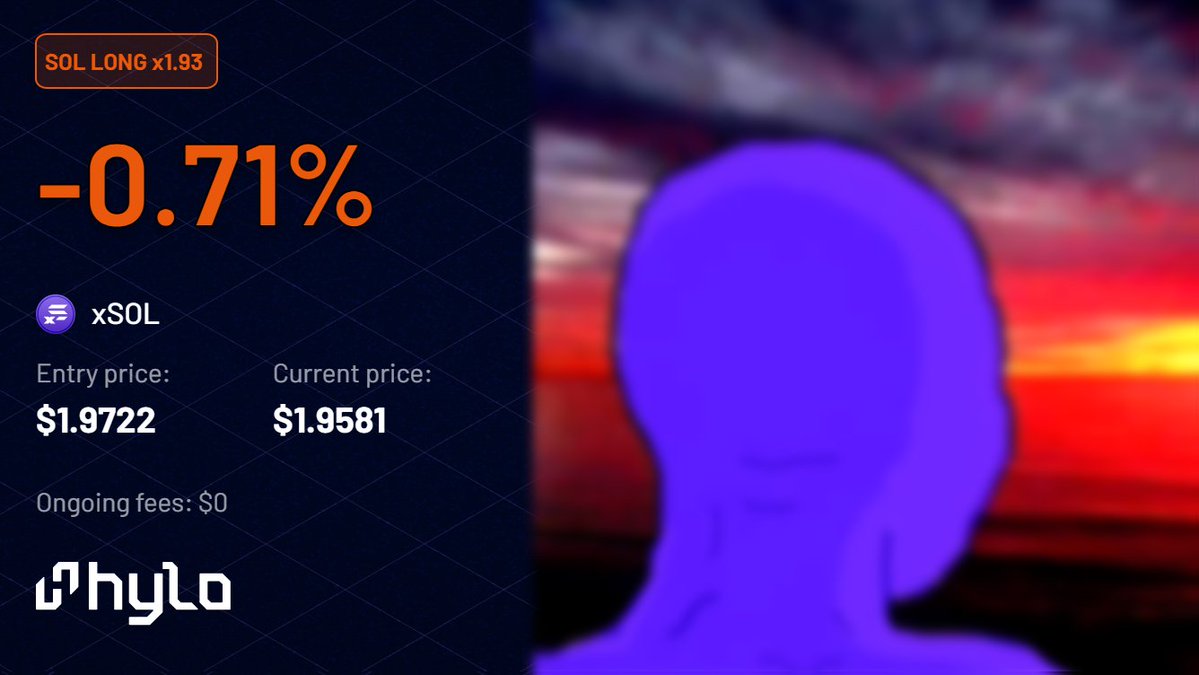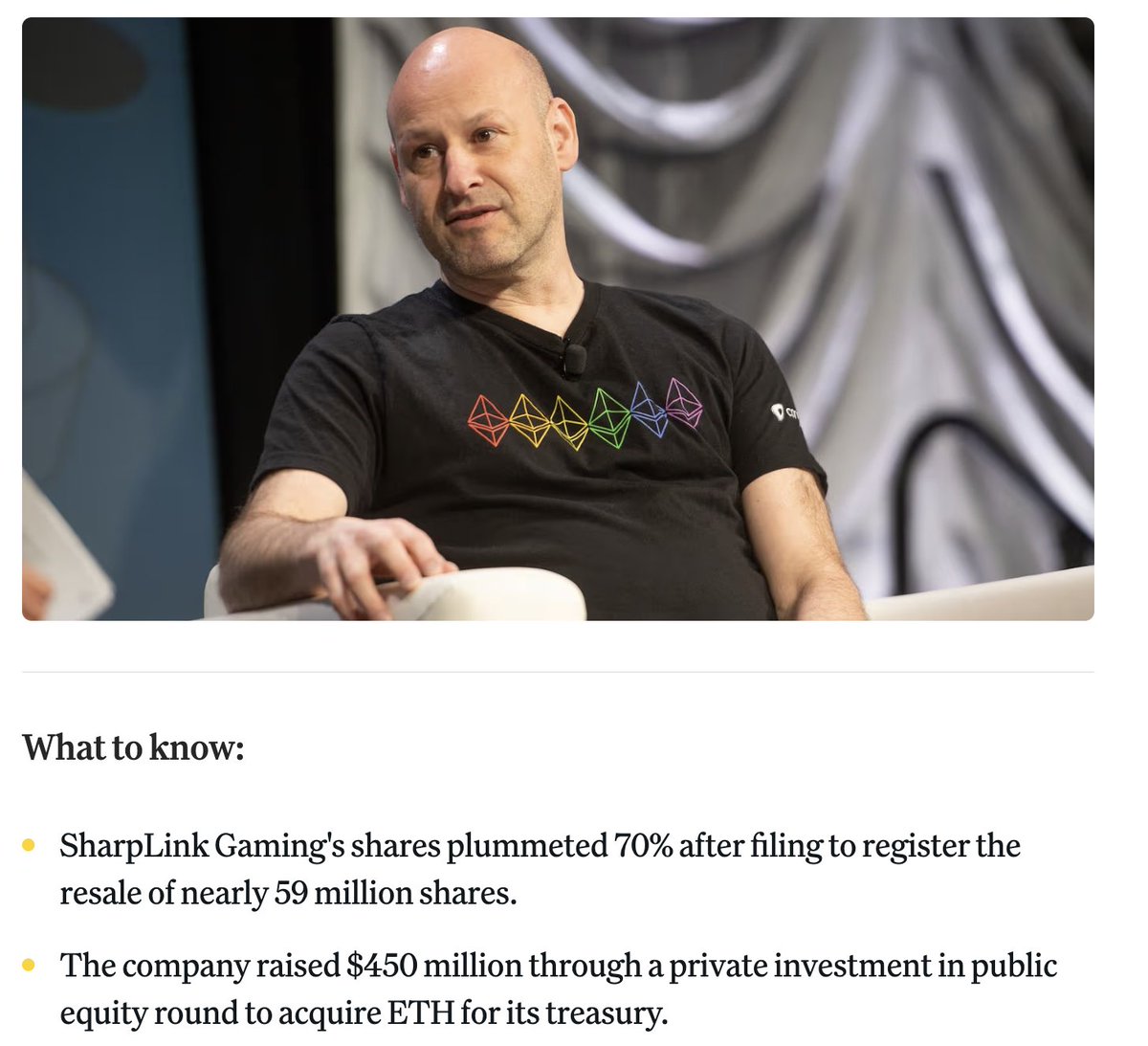
JTO
Jito price
$2.1780
+$0.13300
(+6.50%)
Price change from 00:00 UTC until now

Jito market info
Market cap
Market cap is calculated by multiplying the circulating supply of a coin with its latest price.
Market cap = Circulating supply × Last price
Market cap = Circulating supply × Last price
Circulating supply
Total amount of a coin that is publicly available on the market.
Market cap ranking
A coin's ranking in terms of market cap value.
All-time high
Highest price a coin has reached in its trading history.
All-time low
Lowest price a coin has reached in its trading history.
Market cap
$771.25M
Circulating supply
355,904,624 JTO
35.59% of
1,000,000,000 JTO
Market cap ranking
53
Audits

Last audit: --
24h high
$2.1800
24h low
$1.9870
All-time high
$5.3280
-59.13% (-$3.1500)
Last updated: Apr 4, 2024, (UTC+8)
All-time low
$1.3000
+67.53% (+$0.87800)
Last updated: Jan 8, 2024, (UTC+8)
How are you feeling about JTO today?
Share your sentiments here by giving a thumbs up if you’re feeling bullish about the coin or a thumbs down if you’re feeling bearish.
Vote to view results
Jito Feed
The following content is sourced from .

Odaily
Original title: "Solana Validators' 'Slow Motion': Block Delay Becomes a New Strategy for Yield? 》
by Jack Kubinec
Compiled by: Deep Tide TechFlow
As Solana's code issues have been gradually resolved over the past few years, block time, the time it takes for the network to generate new transactional blocks, has decreased significantly, even below its nominal 400 milliseconds.
However, over the past month, an interesting trend has emerged: median block time, a key performance metric in blockchain networks that reflects how quickly blockchain networks process transactions and generate blocks, has slowered, and Solana has slowed down to add new transactions to the blockchain. The reason lies in a new validator strategy, which suggests that slow block generation may be more profitable. According to Blockworks, Anza, Jito, and Marinade are considering resolving the issue.
Each Solana block has a validator in the role of leader – responsible for collecting transactions, creating blocks, and broadcasting them to the network. Leaders charge transaction fees for creating blocks. More order flow means more fee opportunities, so validators may choose to process 500ms of transactions instead of 300ms to increase yield.
On a fundamental level, some Solana validators seem to be waiting as long as possible to package more transactions into blocks and thus maximize gains. This behavior has led to an increase in Solana's cycle length.
This is clearly not an ideal situation for a network committed to being as fast as Nasdaq. Additionally, reduced cycles mean fewer opportunities for compounding staking rewards, as suggested by Max Kaplan, CTO of Sol Strategies.
Solana offers a mechanism known as "grace ticks," which is a delay period that allows leaders to still be able to successfully commit blocks. This mechanism is designed to prevent unfair penalties for validators in remote locations, but it also opens the door for validators to intentionally delay submitting blocks.
Additionally, Solana's alternative client, Frankendancer, recently released a revenue-maximizing scheduler.
According to Kaplan, the validators running the client appear to be packing blocks at a slightly slower than normal rate. However, Kaplan added that Frankendancer's latency is negligible compared to more severe delayers, and he doesn't see it as a "bad thing." Moreover, block latency is not a new concept on proof-of-stake blockchains. However, the Firedancer upgrade could make this strategy more visible on Solana. Jump has not yet commented on this.
Interestingly, Firedancer software engineer Michael McGee described this phenomenon on this week's Lightspeed podcast. He mentioned, "One of the things we're seeing in current validators is... [Validators] tend to create more profitable blocks by delaying transaction execution. ”
Blockworks Research analyst Victor Pham noted that Solana validators who are more pronounced in block delays typically run modified versions of the Agave-Jito client.
For example, in cycle 802 in mid-June, both Galaxy and Kiln had a median block time of over 570 milliseconds. According to Solana Compass data, some untagged validators are also running slower, while Temporal has a median validator block time of 475 milliseconds.
Kiln co-founder Ernest Oppetit acknowledged that its validators – the sixth-largest staking validator in the Solana network – had delayed block slots for a period of time but said it has now stopped doing so.
"At Kiln, we pride ourselves on offering the highest annual percentage yield (APY) on staking without sacrificing security. We have been working on different parts of the technology stack, including time strategy, and are in constant discussion with customers, client teams, and foundations. Currently, we follow the specification and no longer delay blocks, but many other validators are still doing so. We think we ultimately need to address incentives at the protocol level (rapid block generation leads to reduced rewards)," Oppetit said.
Ben Coverston, director of engineering at Temporal, said when asked about the apparent involvement of his validators in the slow block trend: "I can say that we are not the reason for making people aware of this phenomenon. ”
A Galaxy spokesperson said, "As a service provider, we support validator configurations that prioritize maximizing customer staking rewards. On Solana, this could mean proposing slightly slower blocks to ensure higher reward acquisition. Galaxy has also been responding to community feedback and has adjusted block times to acceptable limits. ”
However, the Solana validator community generally believes that slowing down the network is not appropriate, and slow validators are currently facing public backlash.
They may soon face more substantial punishment. According to Blockworks, Jito plans to blacklist slow validators from its staking pool, which is the largest in the Solana network.
Jito Foundation President Brian Smith said the organization is "drafting a governance proposal that will give a committee the power to remove laggards from the JitoSOL delegated collection." The proposal should be open to the community for discussion within a few days. ”
Michael Repetny, co-founder of Marinade, said the staking pool provider is "considering bringing this issue to a governance proposal to discuss the pros and cons of using [slow validators] as a hard rule/delegation policy violation." ”
Protocol-level solutions are also being promoted. Anza's GitHub repository shows a new proposal that proposes cutting Solana's grace tick period in half. Additionally, Solana's proposed consensus mechanism reforms are expected to address this issue.
"Alpenglow will solve this problem by enabling the skip voting feature," said Brennan Watt, vice president of core engineering at Anza.
In a recent episode of the Lightspeed podcast, Watt revealed that Anza hopes to bring Alpenglow to mainnet ahead of the Solana Breakpoint conference in December.
Original link
Show original1.07K
0

TechFlow
by Jack Kubinec
Compiled by: Deep Tide TechFlow
As Solana's code issues have been gradually resolved over the past few years, block time, the time it takes for the network to generate new transactional blocks, has decreased significantly, even below its nominal 400 milliseconds.
However, over the past month, an interesting trend has emerged: median block time, a key performance metric in blockchain networks that reflects how quickly blockchain networks process transactions and generate blocks, has slowered, and Solana has slowed down to add new transactions to the blockchain. The reason lies in a new validator strategy, which suggests that slow block generation may be more profitable. According to Blockworks, Anza, Jito, and Marinade are considering resolving the issue.
Each Solana block has a validator in the role of leader – responsible for collecting transactions, creating blocks, and broadcasting them to the network. Leaders charge transaction fees for creating blocks. More order flow means more fee opportunities, so validators may choose to process 500ms of transactions instead of 300ms to increase yield.
On a fundamental level, some Solana validators seem to be waiting as long as possible to package more transactions into blocks and thus maximize gains. This behavior has led to an increase in Solana's cycle length.
This is clearly not an ideal situation for a network committed to being as fast as Nasdaq. Additionally, reduced cycles mean fewer opportunities for compounding staking rewards, as suggested by Max Kaplan, CTO of Sol Strategies.
Solana offers a mechanism known as "grace ticks," which is a delay period that allows leaders to still be able to successfully commit blocks. This mechanism is designed to prevent unfair penalties for validators in remote locations, but it also opens the door for validators to intentionally delay submitting blocks.
Additionally, Solana's alternative client, Frankendancer, recently released a revenue-maximizing scheduler.
According to Kaplan, the validators running the client appear to be packing blocks at a slightly slower than normal rate. However, Kaplan added that Frankendancer's latency is negligible compared to more severe delayers, and he doesn't see it as a "bad thing." Moreover, block latency is not a new concept on proof-of-stake blockchains. However, the Firedancer upgrade could make this strategy more visible on Solana. Jump has not yet commented on this.
Interestingly, Firedancer software engineer Michael McGee described this phenomenon on this week's Lightspeed podcast. He mentioned, "One of the things we're seeing in current validators is... [Validators] tend to create more profitable blocks by delaying transaction execution. ”
Blockworks Research analyst Victor Pham noted that Solana validators who are more pronounced in block delays typically run modified versions of the Agave-Jito client.
For example, in cycle 802 in mid-June, both Galaxy and Kiln had a median block time of over 570 milliseconds. According to Solana Compass data, some untagged validators are also running slower, while Temporal has a median validator block time of 475 milliseconds.
Kiln co-founder Ernest Oppetit acknowledged that its validators – the sixth largest staking validator on the Solana network – had delayed block slots for a period of time, but said it has now stopped doing so.
"At Kiln, we pride ourselves on offering the highest annual percentage yield (APY) on staking in the market without sacrificing security. We have been working on different parts of the technology stack, including time strategy, and are in constant discussion with customers, client teams, and foundations. Currently, we follow the specification and no longer delay blocks, but many other validators are still doing so. We think we ultimately need to address incentives at the protocol level (rapid block generation leads to reduced rewards)," Oppetit said.
Ben Coverston, director of engineering at Temporal, said when asked about the apparent involvement of his validators in the slow block trend: "I can say that we are not the reason for making people aware of this phenomenon. ”
A Galaxy spokesperson said: "As a service provider, we support validator configurations that prioritize maximizing customer staking rewards. On Solana, this could mean proposing slightly slower blocks to ensure higher reward acquisition. Galaxy has also been responding to community feedback and has adjusted block times to acceptable limits. ”
However, the Solana validator community generally believes that slowing down the network is not appropriate, and slow validators are currently facing public backlash.
They may soon face more substantial punishment. According to Blockworks, Jito plans to blacklist slow validators from its staking pool, which is the largest in the Solana network.
Jito Foundation President Brian Smith said the organization is "drafting a governance proposal that will give a committee the power to remove laggards from the JitoSOL delegated collection." The proposal should be open to the community for discussion within a few days. ”
Michael Repetny, co-founder of Marinade, said the staking pool provider is "considering bringing this issue to a governance proposal to discuss the pros and cons of using [slow validators] as a hard rule/delegation policy violation." ”
Protocol-level solutions are also being promoted. Anza's GitHub repository shows a new proposal that proposes cutting Solana's grace tick period in half. Additionally, Solana's proposed consensus mechanism reforms are expected to address this issue.
"Alpenglow will solve this problem by enabling skip voting capabilities," said Brennan Watt, vice president of core engineering at Anza.
In a recent episode of the Lightspeed podcast, Watt revealed that Anza hopes to bring Alpenglow to mainnet ahead of the Solana Breakpoint conference in December.
Show original1.43K
0
Convert USD to JTO


Jito price performance in USD
The current price of Jito is $2.1780. Since 00:00 UTC, Jito has increased by +6.50%. It currently has a circulating supply of 355,904,624 JTO and a maximum supply of 1,000,000,000 JTO, giving it a fully diluted market cap of $771.25M. At present, Jito holds the 53 position in market cap rankings. The Jito/USD price is updated in real-time.
Today
+$0.13300
+6.50%
7 days
+$0.20900
+10.61%
30 days
+$0.038000
+1.77%
3 months
+$0.30400
+16.22%
Popular Jito conversions
Last updated: 07/21/2025, 18:47
| 1 JTO to USD | $2.1670 |
| 1 JTO to PHP | ₱123.82 |
| 1 JTO to EUR | €1.8609 |
| 1 JTO to IDR | Rp 35,385.37 |
| 1 JTO to GBP | £1.6102 |
| 1 JTO to CAD | $2.9743 |
| 1 JTO to AED | AED 7.9593 |
| 1 JTO to VND | ₫56,683.23 |
About Jito (JTO)
The rating provided is an aggregated rating collected by OKX from the sources provided and is for informational purpose only. OKX does not guarantee the quality or accuracy of the ratings. It is not intended to provide (i) investment advice or recommendation; (ii) an offer or solicitation to buy, sell or hold digital assets; or (iii) financial, accounting, legal or tax advice. Digital assets, including stablecoins and NFTs, involve a high degree of risk, can fluctuate greatly, and can even become worthless. The price and performance of the digital assets are not guaranteed and may change without notice. Your digital assets are not covered by insurance against potential losses. Historical returns are not indicative of future returns. OKX does not guarantee any return, repayment of principal or interest. OKX does not provide investment or asset recommendations. You should carefully consider whether trading or holding digital assets is suitable for you in light of your financial condition. Please consult your legal/ tax/ investment professional for questions about your specific circumstances.
Show more
- Official website
- Block explorer
About third-party websites
About third-party websites
By using the third-party website ("TPW"), you accept that any use of the TPW will be subject to and governed by the terms of the TPW. Unless expressly stated in writing, OKX and its affiliates ("OKX") are not in any way associated with the owner or operator of the TPW. You agree that OKX is not responsible or liable for any loss, damage and any other consequences arising from your use of the TPW. Please be aware that using a TPW may result in a loss or diminution of your assets.
Learn more about Jito (JTO)

Jito (JTO) Token: Exploring Solana’s Largest Liquid Staking Protocol and Its Market Dynamics
Introduction to Jito (JTO) Token and Its Role in the Solana Ecosystem The cryptocurrency landscape is constantly evolving, with innovative projects reshaping decentralized finance (DeFi). Among these,
Jun 25, 2025|OKX

What is Jito (JTO)? Popularizing liquid staking on Solana
Following in the footsteps of Lido and the the bonus liquidity it provides, crypto users might be pleased to read that liquid staking has made its way on Solana in the form of Jito. As a liquid stakin
Apr 24, 2025|OKX
Jito FAQ
How much is 1 Jito worth today?
Currently, one Jito is worth $2.1780. For answers and insight into Jito's price action, you're in the right place. Explore the latest Jito charts and trade responsibly with OKX.
What is cryptocurrency?
Cryptocurrencies, such as Jito, are digital assets that operate on a public ledger called blockchains. Learn more about coins and tokens offered on OKX and their different attributes, which includes live prices and real-time charts.
When was cryptocurrency invented?
Thanks to the 2008 financial crisis, interest in decentralized finance boomed. Bitcoin offered a novel solution by being a secure digital asset on a decentralized network. Since then, many other tokens such as Jito have been created as well.
Will the price of Jito go up today?
Check out our Jito price prediction page to forecast future prices and determine your price targets.
Monitor crypto prices on an exchange
Watch this video to learn about what happens when you move your money to a crypto exchange.
Disclaimer
The social content on this page ("Content"), including but not limited to tweets and statistics provided by LunarCrush, is sourced from third parties and provided "as is" for informational purposes only. OKX does not guarantee the quality or accuracy of the Content, and the Content does not represent the views of OKX. It is not intended to provide (i) investment advice or recommendation; (ii) an offer or solicitation to buy, sell or hold digital assets; or (iii) financial, accounting, legal or tax advice. Digital assets, including stablecoins and NFTs, involve a high degree of risk, can fluctuate greatly. The price and performance of the digital assets are not guaranteed and may change without notice.
OKX does not provide investment or asset recommendations. You should carefully consider whether trading or holding digital assets is suitable for you in light of your financial condition. Please consult your legal/tax/investment professional for questions about your specific circumstances. For further details, please refer to our Terms of Use and Risk Warning. By using the third-party website ("TPW"), you accept that any use of the TPW will be subject to and governed by the terms of the TPW. Unless expressly stated in writing, OKX and its affiliates (“OKX”) are not in any way associated with the owner or operator of the TPW. You agree that OKX is not responsible or liable for any loss, damage and any other consequences arising from your use of the TPW. Please be aware that using a TPW may result in a loss or diminution of your assets. Product may not be available in all jurisdictions.
OKX does not provide investment or asset recommendations. You should carefully consider whether trading or holding digital assets is suitable for you in light of your financial condition. Please consult your legal/tax/investment professional for questions about your specific circumstances. For further details, please refer to our Terms of Use and Risk Warning. By using the third-party website ("TPW"), you accept that any use of the TPW will be subject to and governed by the terms of the TPW. Unless expressly stated in writing, OKX and its affiliates (“OKX”) are not in any way associated with the owner or operator of the TPW. You agree that OKX is not responsible or liable for any loss, damage and any other consequences arising from your use of the TPW. Please be aware that using a TPW may result in a loss or diminution of your assets. Product may not be available in all jurisdictions.
Convert USD to JTO












































Socials